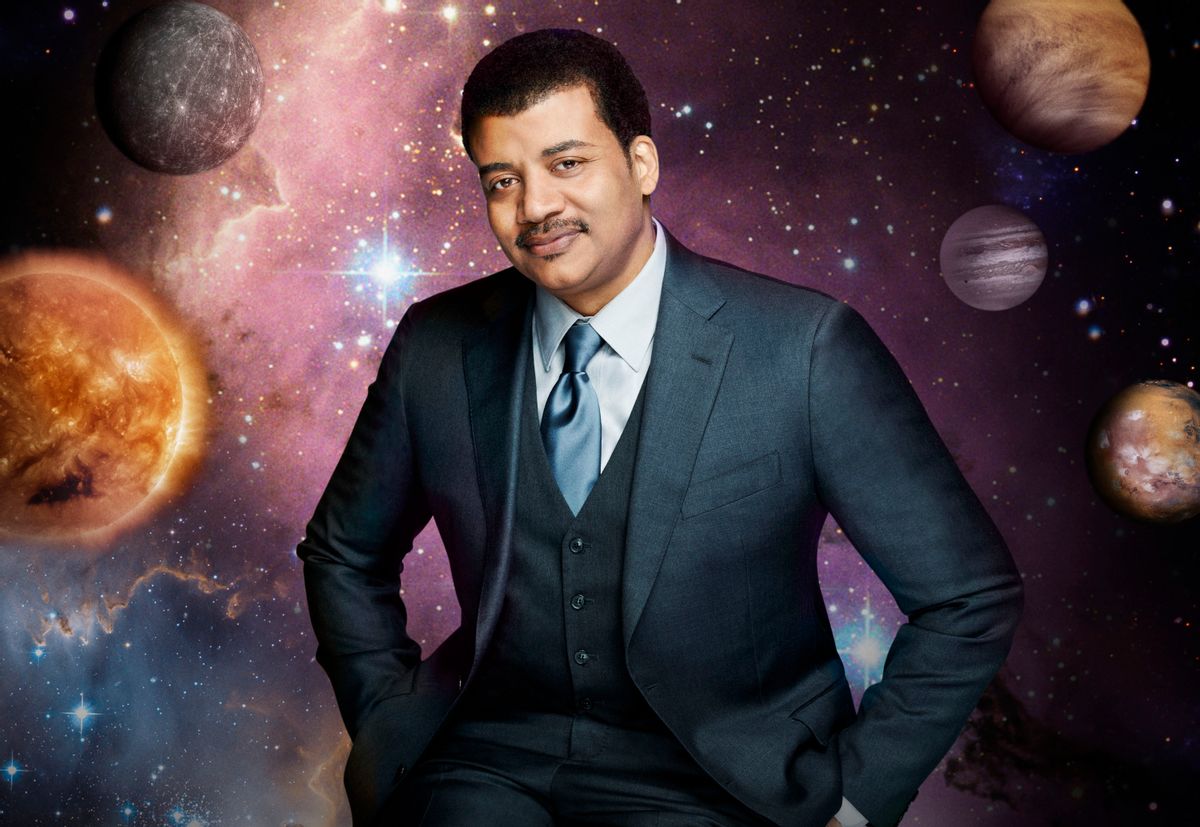The fourth episode of "Cosmos: A Space Time Odyssey" was a star-studded affair, not just because of a voice-over cameo from Sir Patrick Stewart -- famed for his "Star Trek" role as Jean-Luc Picard -- but because its focus was on stars and the speed of light.
In the episode there was also a scientific refutation of the creationist belief that the universe is only around 6,000 years old. At the beginning of the episode host Neil deGrasse Tyson focuses on the Crab Nebula, which is around 6,500 light-years away from Earth. The Crab Nebula, he explains, is the result of a star much larger than our sun exploding. Light we see from from this nebula takes 6,500 light-years to reach our eyes.
The Crab Nebula is not the oldest celestial object that can be observed from Earth, which brings up a serious conundrum. Neil deGrasse Tyson explains:
"But if the universe were only 6,500 years old, how could we see the light of anything more distant than the Crab Nebula? We couldn't. There wouldn't have been enough time for the light to get to Earth from anywhere farther away than 6,500 light years in any direction. That's just enough time for light to travel a tiny portion of our Milky Way Galaxy."
Tyson also said, "To believe in a universe as young as 6- or 7,000 years old, is to extinguish the light of most of the galaxy."
Creationists have been in a tizzy about the show and are demanding equal airtime on "Cosmos" to discuss pseudo-scientific beliefs on the origins of our universe. The clip below points out scientific holes in creationism:
It was only fitting, in an episode that discussed warp speed, that Sir Patrick Stewart appear. In the episode, Stewart takes on a different space character: William Herschel. Herschel was an astronomer in the 1700s and 1800s. The clip below is an animated segment of a night back in 1802. Herschel's son John asks if Herschel believes in ghosts. To his surprise, Herschel replies yes -- ghosts of stars who may have died many years before we even see their light.
The Los Angeles Times also points out that the episode paid homage to the show's original creator, Carl Sagan, by talking about his (and physicist Kip Thorne's) notion of wormholes. The entire episode can be viewed here.



Shares